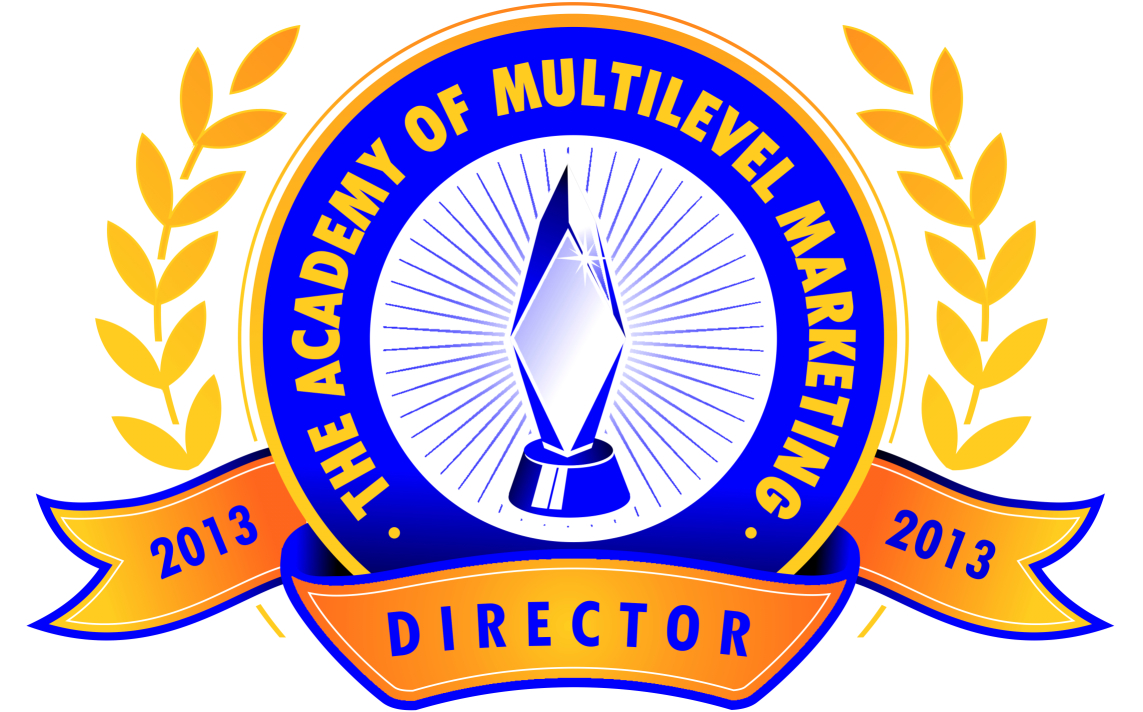Len Clements © 1993
If it were possible to count all the words we speak within our lifetime, I’d guess “I” would be number one, “and” would be a distant second, closely followed by “to.” Unless you’re me. Then you’d probably find “why” right on “I”‘s tail.
Ever since I was a small child I’ve been asking that question. I remember vividly having the “birds and the bees” explained to me at a very early age. It was due to my questioning as to why Mommy had to go all the way to the hospital for my baby brother if the doctor was going to deliver him?
After Dad did the honors of teaching me the real story right from the start (he knew there was no hope of me ever buying into the stork bit), I remember asking why, after this elaborate, very deliberate, incredibly meaningful event between a man and a woman, did the father always act surprised when told his wife was expecting. Did he forget?
About the age of nine or ten, during a cross country trip, I remember asking my parents; “Why do they say we drive on a parkway and park on a driveway?” It wasn’t until many years later that I would hear, to my astonishment, that very same question asked of millions of television viewers during a show by the comedian Gallagher.
Gallagher has always been one of my favorite comics. He asks a lot of good “Why…” questions. Why is there an expiration date on sour cream? Why doesn’t bomb and comb rhyme (a variation of my own question about do and go)? Why is there a permanent press setting on an iron? I love this guy!
I know that taking this why thing too far can get obnoxious. I’ve really had to struggle to not ask the vendors at Oakland A’s games why their catsup containers are yellow and their mustard containers are red. That makes no sense. I’ve been dying to ask one of the tellers at my local bank why they just installed braille instructions on the drive-up automatic teller machine. I don’t know how much longer and I can last on that one, but I’m hanging in there.
Why do all dictionaries contain a definition for the word “dictionary?” Why don’t they just say: dic•tion•ar•y (dik’shen•er’e) noun 1. This thing you’re reading!
Why are there instructions on a bottle of shampoo? Are there really people out there who massage in the shampoo — then wet their hair?
Why does the mashed potatoes section of a TV dinner always take three times longer to cook in a microwave?
Why does the prison doctor who administers lethal injections dab the subject’s arm with alcohol before inserting the needle (it’s true!)? Is this guy really concerned about getting an infection?
Why would anyone buy Levi’s Oversized Jeans? Why don’t they just buy normal jeans a couple sizes too big?
Why does fat chance and slim chance mean the same thing?
Why do all Bic lighters carry a warning label informing you the contents are “Flammable.” Isn’t that why you bought it?
Why does that same warning label go on to suggest that the user should “…not hold flame near face?” Who is this warning for, the Marboro Man… or Cro-Mangon Man?
Why did kamikaze pilots were helmets? To prevent head injury?
What time is it at the North Pole? I know that’s not a “why” question, but it’s still a darn good one. Think about it.
This insatiable appetite to know why has carried on into my research and observation of the network marketing industry as well.
For example, why is it that if a large conventional business, employing thousands of people, goes bankrupt and/or is on the verge of closing, their employees, and many times the company itself, is pitied and people root for them to survive? But if an MLM company, employing just as many honest, hard working people shuts down, it’s a scam. Every time.
Why do ex-employees of closed companies usually see themselves as unlucky, or victims of the economy, whereas ex-distributors for closed MLM’s consider themselves “ripped off,” or victims of the company, or the MLM concept?
Along the same lines, why is it that if a car, real estate or insurance salesperson fails, he or she just wasn’t a good salesperson. But if an MLM distributor fails, it wasn’t a good product, company, or compensation plan?
Why is it that if you create a company hierarchy where all those at the bottom can only succeed by climbing over those above them, and those above them are doing everything they can to make sure they stay below them, this is considered a legal, legitimate pursuit of the “free enterprise” system. However, if you create the exact same hierarchy, but allow those at the bottom to create, and be at the top of, their own hierarchies, with unlimited support, training and encouragement from all those above them, this is considered a “pyramid scheme?”
Why is it that many states conduct lotteries which take in tens-of-millions of dollars more than they pay out, mostly from the middle and lower class, which have a one-in-ten-million chance of winning, but these same states will investigate, file suit, and even shut down some MLM opportunities because they employ a “luck factor?”
Why is it that any other kind of business that involves sales can induce and entice prospective sales people to join their company by displaying the earnings of their top sales people, and openly discussing the “income potential” of the compensation plan, but it’s considered “illegal” in network marketing?
I want to clarify something about that last question. I’m not an advocate of high earnings claims in MLM. But none-the-less, it infuriates me to no end to hear stories of top distributors being prosecuted for displaying evidence of their incomes, even with a stern disclaimer. Prosecuted for telling the truth!
“Why ask why?”, the beer commercial asks.
Sometime for fun, and sometimes — to know the answer!










